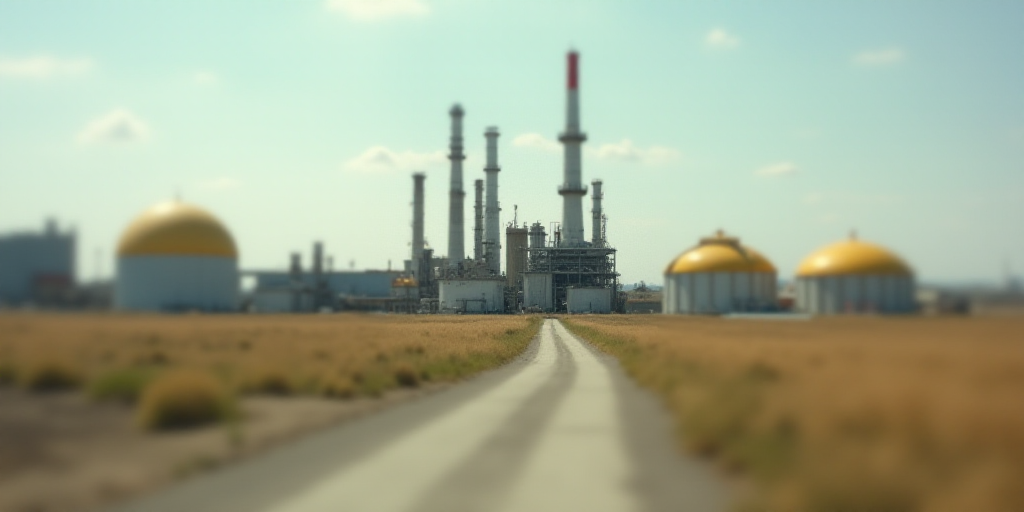Background on the Situation
The administration of former U.S. President Donald Trump has suspended a license that allowed the exportation of liquefied petroleum gas (LPG) to Venezuela’s state-owned oil company, Petróleos de Venezuela (PDVSA), according to a notice published on the U.S. Department of the Treasury’s website.
The notice states that LPG unloading is permitted until September 5, provided the gas was loaded onto a vessel on or before July 7, as per the publication.
Venezuela’s Usage of the License
According to market sources, Venezuela has not used the license issued in 2021 to purchase LPG shipments. The primary use of LPG in Venezuela is as cooking fuel, given its membership in the Organization of the Petroleum Exporting Countries (OPEC).
Impact and Context
Venezuela, once a significant oil producer, has faced severe economic challenges in recent years. The country’s oil industry has been crippled by mismanagement, corruption, and U.S. sanctions, leading to a drastic decline in oil production and export capabilities.
LPG, derived from crude oil or natural gas, serves as an essential cooking fuel in Venezuela. Its shortage has exacerbated the country’s energy crisis, with many Venezuelans resorting to using firewood or candles for cooking. This situation has further strained the already fragile environment and public health in Venezuela.
The EU’s decision to revoke the LPG export license to Venezuela stems from ongoing political tensions between the European Union and the socialist government of Nicolás Maduro. The EU has imposed sanctions on Venezuela, aiming to pressure Maduro’s regime into holding free and fair elections. The revoked license is seen as another tool to exert diplomatic pressure on the Venezuelan government.
Key Questions and Answers
- Q: Who is affected by this decision? A: The decision primarily impacts Venezuela’s population, which already struggles with energy shortages and relies heavily on LPG for cooking.
- Q: What is the significance of this revoked license? A: The revoked license limits Venezuela’s access to LPG imports, further straining the country’s energy sector and exacerbating existing shortages.
- Q: Why did the EU revoke this license? A: The EU’s decision is part of its ongoing diplomatic pressure on the Venezuelan government to hold free and fair elections.
- Q: How does this decision affect Venezuela’s oil industry? A: The revoked license adds to the existing challenges faced by Venezuela’s oil industry, which has been severely impacted by mismanagement, corruption, and U.S. sanctions.
- Q: What alternatives are available for Venezuela to address its LPG shortage? A: Venezuela could explore alternative sources for LPG imports, negotiate with sanctioned entities outside the EU, or invest in domestic LPG production to alleviate its energy crisis.






